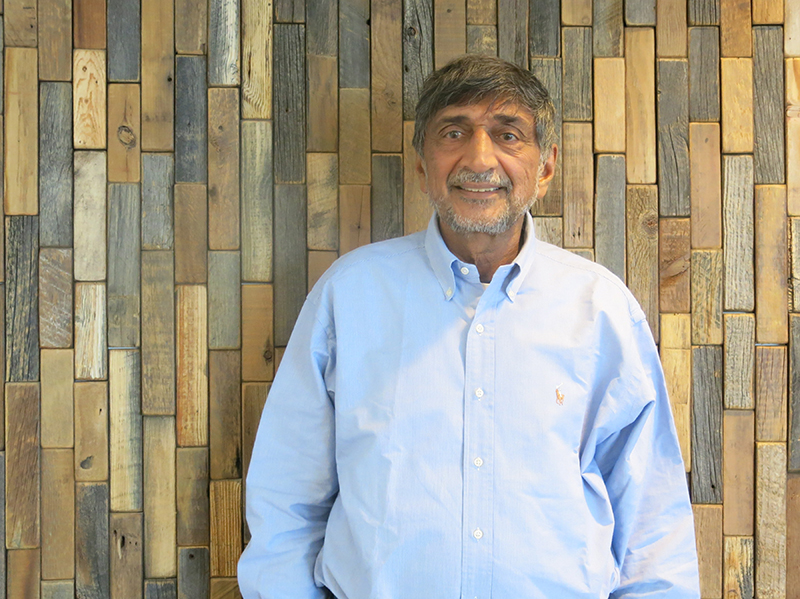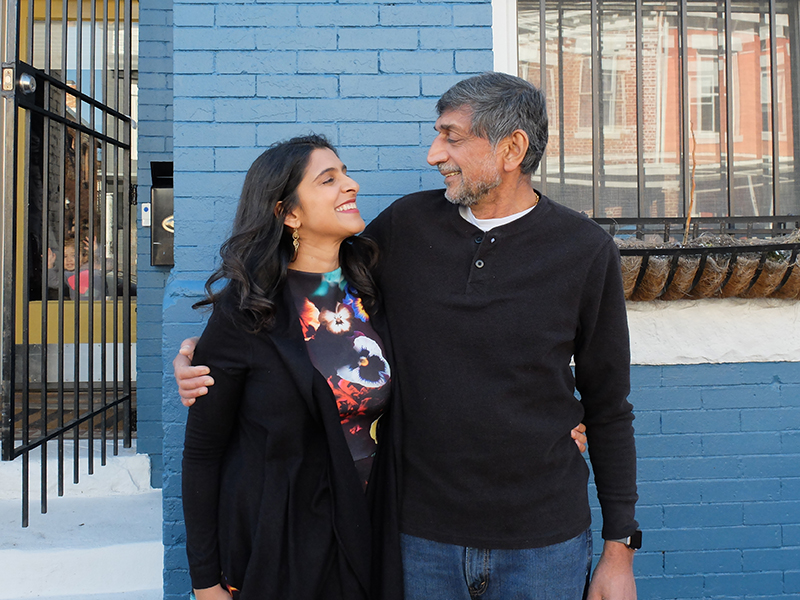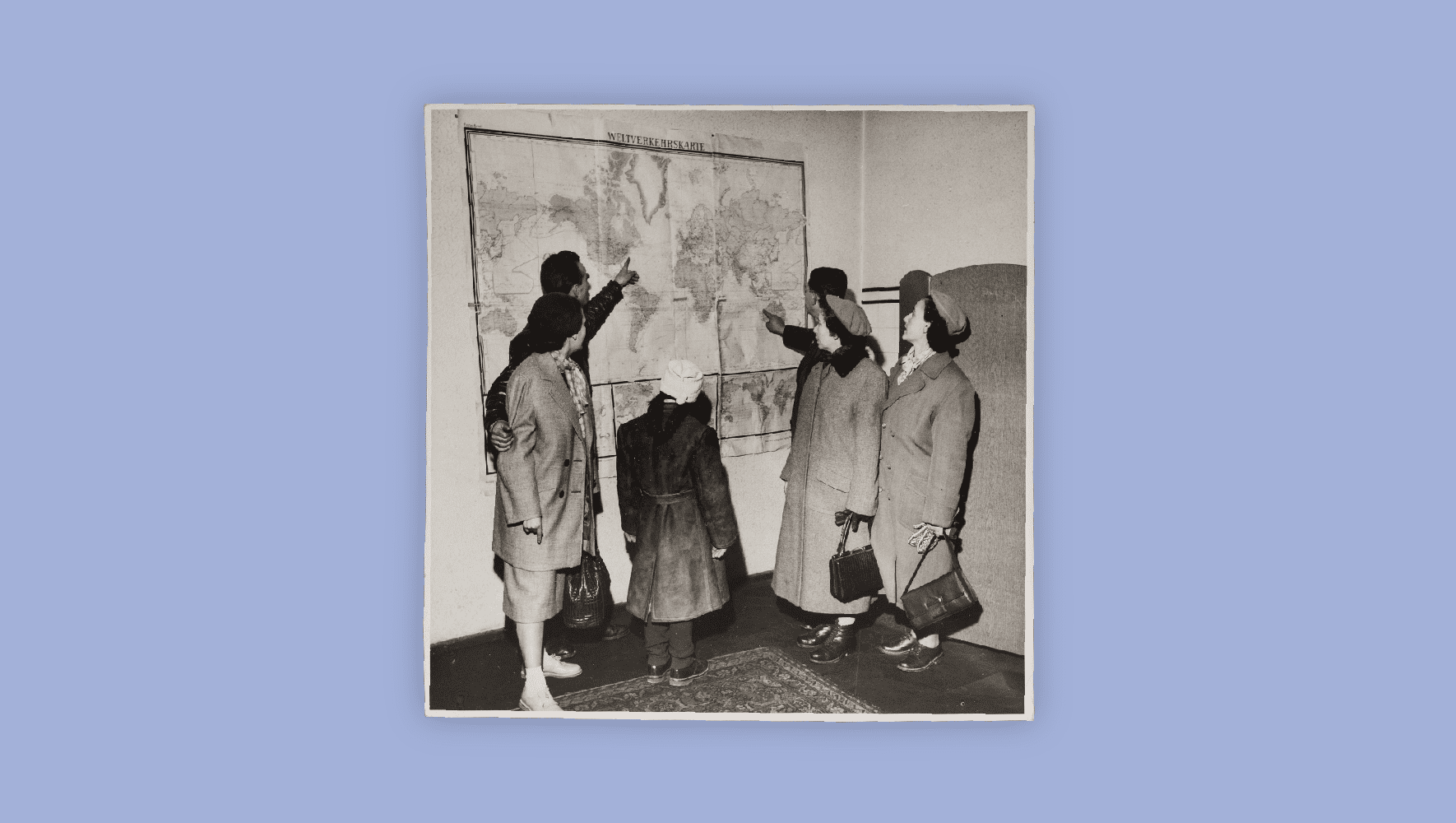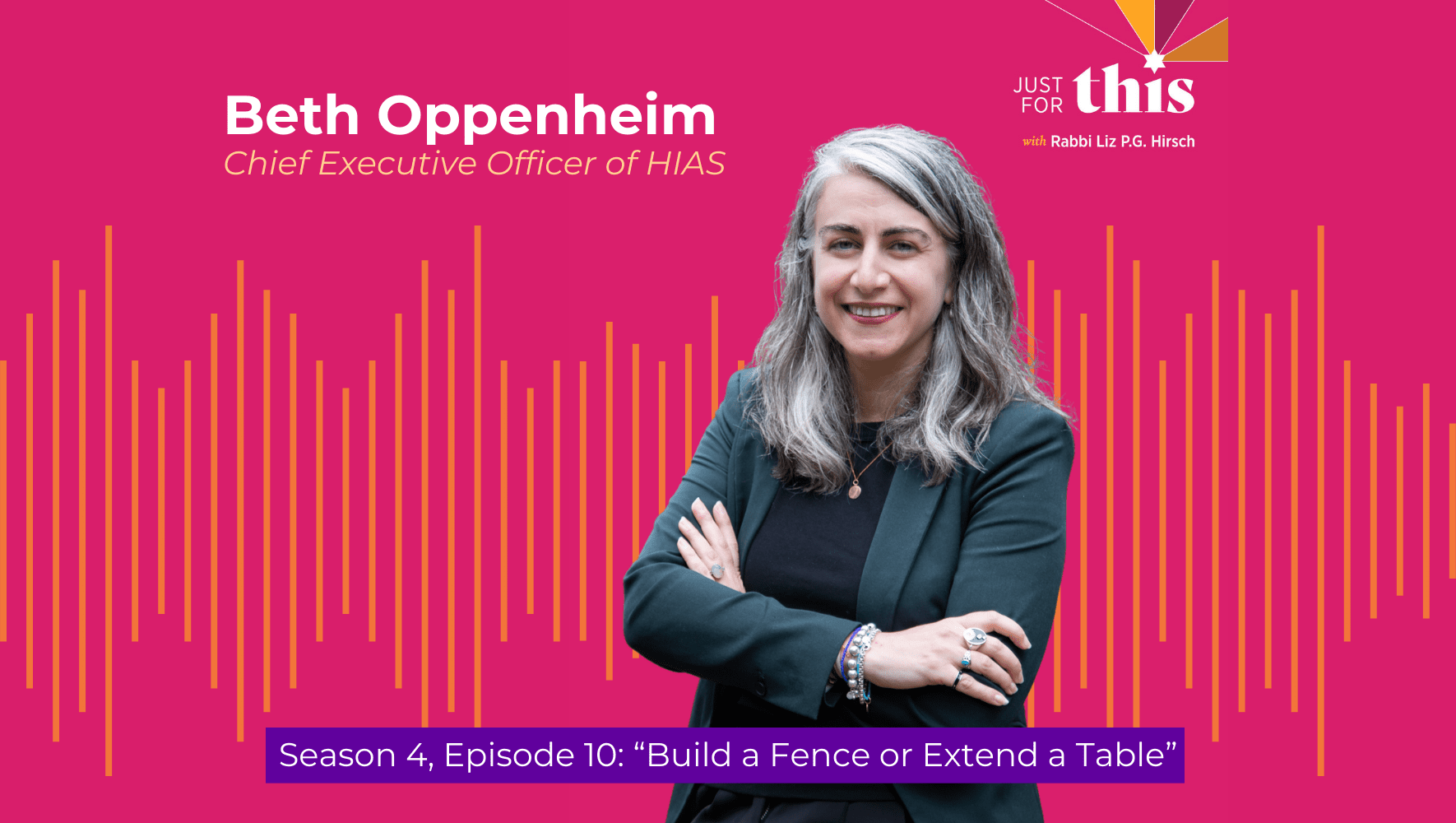Only in America: How a Ugandan Refugee Became a Louisiana Success Story
By Maggie Whitehead, Guest Contributor
Feb 13, 2018
Daulat Sthanki arrived in New Orleans, Louisiana in November 1972 with a single bag.
Its meager contents hadn’t been enough to keep him warm during his last two weeks in Italy, but he’d left everything else behind in Uganda: his home, his business, all of his belongings. He didn’t even have contact with his wife; she was in a refugee camp in the United Kingdom.
But Uganda’s loss would ultimately be Louisiana’s, and America’s, gain. Daulat, a small-time jukebox repairman would end up a shrewd multi-million dollar American businessman, investor and developer. The United States government, and HIAS—which had rarely before resettled non-Jewish refugees—took a bet on Daulat, a Hindu, and Jewish Family Service in New Orleans sponsored his resettlement.
Living in Baton Rouge today, Daulat is acutely aware of the anti-immigrant sentiments dividing the country today. But he remains adamant about the value immigrants bring to America.
“Look at my story,” Daulat says. “From what I’ve seen, when [refugees] come to this country they work hard. Because they appreciate the opportunities this country has and they appreciate this country’s resources, and that really helps this country grow, too. So it is an asset, more than a liability, to help these refugees come to this country."
Daulat was born in India but raised in Uganda. Until Idi Amin came to power, he was a Ugandan citizen and held a Ugandan passport. He owned a modest electronics repair shop in Kasese, where jukeboxes continuously bopped out Western rock and country hits.
In 1972, when Amin ordered all 60,000 residents of Asian descent to leave the country within 90 days or face imprisonment, the rest of Daulat’s family had a safety net: They used their British citizenship to move to England. Daulat, however, was only a citizen of Uganda. His exile left him stateless.
6,000 other Asian Ugandans were equally unmoored. While Daulat waited in a transit camp in Naples, Italy, the United Nations scrambled to find a solution for the Asian Ugandan refugees. The United States faced a historic obstacle. Until this point, the country’s seven voluntary resettlement agencies had largely focused on resettling people with affiliations to their communities.
This new group of refugees—Indian, Hindu, Muslim, Ugandan—had no community ready and waiting to sponsor them.
After receiving the plea from the U.S. State Department, HIAS consulted with community representatives and sent their answer back: the Jewish organization absolutely would help.





